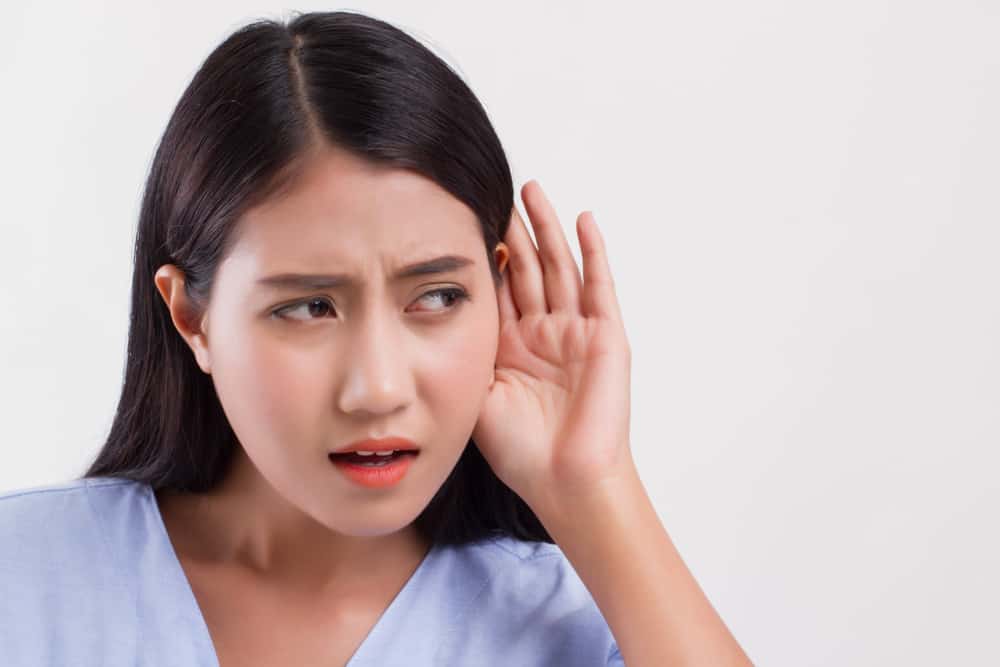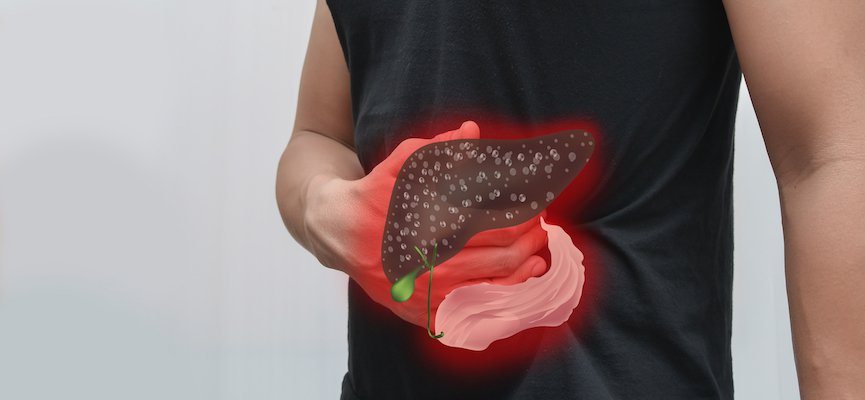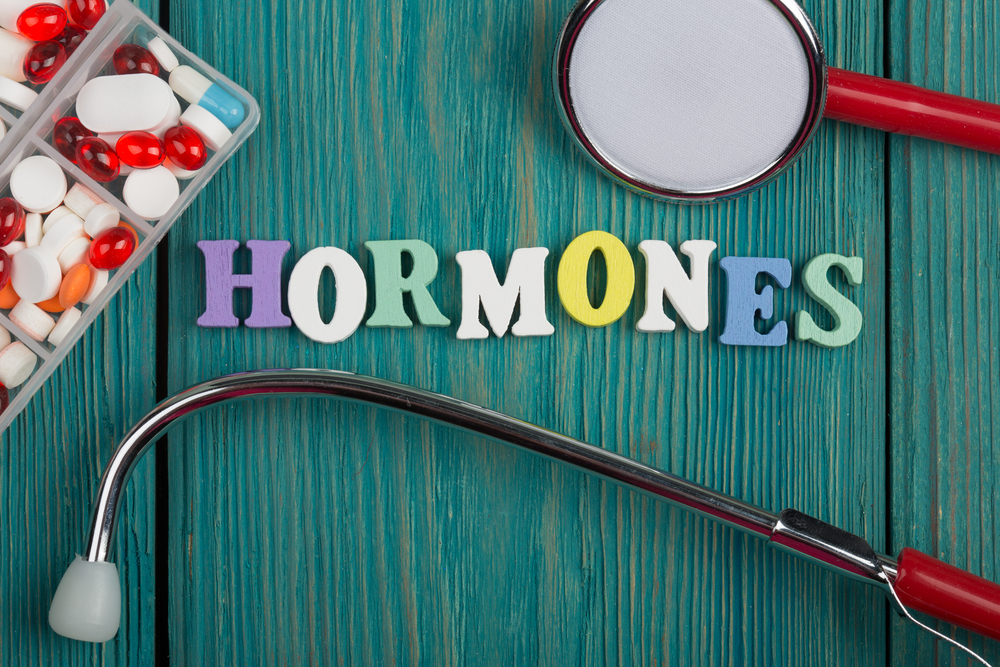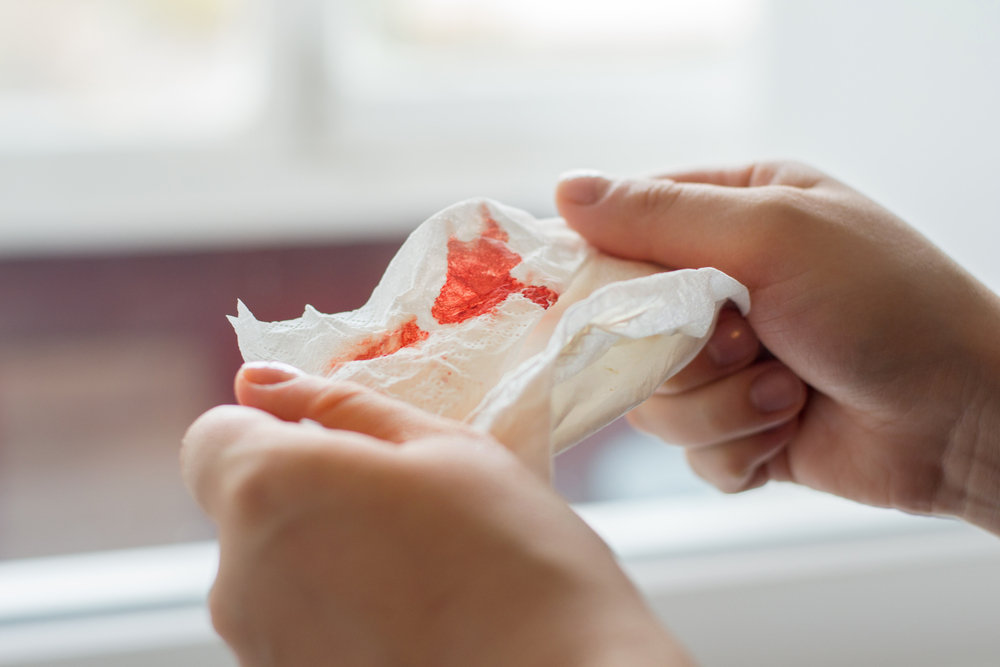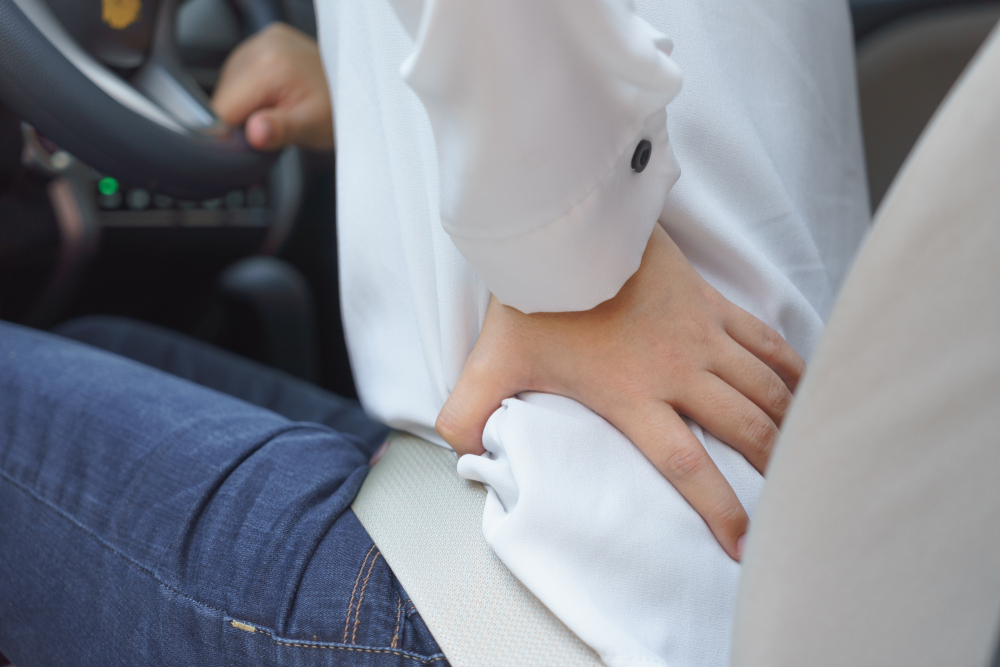Contents:
- Medical Video: Perforated Eardrum - Boys Town Ear, Nose & Throat Institute
- Could the eardrum rupture itself?
- How can the eardrum heal quickly?
- Broken eardrums don't heal, what should I do?
- 1. Painkillers
- 2. Patch
- 3. Tympanoplasty surgery
Medical Video: Perforated Eardrum - Boys Town Ear, Nose & Throat Institute
The eardrum is the most important part of the sense of hearing that allows you to receive sounds from outside. If your eardrum is broken or damaged, you will certainly experience hearing loss. A ruptured eardrum can generally be treated with regular antibiotics. However, some people claimed that their ears improved on their own even though they had not been treated. So, is it true that a ruptured eardrum can heal itself? Find out the answer through the following review.
Could the eardrum rupture itself?
The eardrum ruptures in medical terms called tympanic perforation. This condition occurs when the tympanic membrane undergoes a tear to a hole. The tympanic membrane itself is a thin tissue that divides the middle ear and outer ear canal.
There are many things that can cause the eardrum to rupture. This can occur when you have a middle ear infection (otitis media) or hear loud noises, whether it's the sound of lightning, explosions or shots.
The good news, a ruptured eardrum can heal itself without any treatment, you know. Most cases of ruptured eardrums are only temporary because the hole in the eardrum has the ability to close by itself. As a result, your hearing function can gradually be normal and allow you to hear again clearly.
Usually, a ruptured eardrum can heal itself in the next few weeks to three months. However, this depends on the cause of the ruptured eardrum you experience.
If it is caused by an ear infection, your eardrum will usually improve soon after the infection is treated. The doctor will prescribe antibiotics, both oral and ear drops, to treat your ear infections. The faster the ear infection is overcome, the faster the function of your eardrum returns to normal as before.
How can the eardrum heal quickly?
Even though a ruptured eardrum can heal on its own, this does not mean you only have to sit and wait until your eardrum is completely healed Because, you need to make sure the condition of your ears stays dry to speed up healing.
This means that you are not recommended to swim or dive until your eardrum is fully healed. Similarly, when bathing, you should use a head covering to prevent water from entering the ear. You can also close the ear hole with cotton coated with petroleum jelly to prevent ear water from entering.
For the time being, avoid traveling by plane to prevent high pressure on the part of the ear (barotrauma). If there are certain things that require you to get on a plane, use ear plugs (earplug) or chewing gum to maintain the balance of pressure in the inner and outer ears. That way, your eardrum problem can be treated properly and prevent it from recurring.
Broken eardrums don't heal, what should I do?
If you still experience a hearing loss that is quite disturbing, then you should immediately consult a doctor. Doctors will usually give:
1. Painkillers
When a ruptured eardrum makes you sick, your doctor will prescribe painkillers to take regularly. This drug serves to protect your ears from continuing infections. You will usually be given paracetamol or ibuprofen, according to your health condition.
2. Patch
If your eardrum problems don't heal even after taking medication, you will usually be referred to an ENT doctor (ear, nose and throat). The doctor may put it down patch to patch a hole in your eardrum.
Patchthis serves to encourage the growth of the eardrum tissue and cover the existing hole. That way, your hearing problems will gradually decrease and return to normal.
3. Tympanoplasty surgery
Tympanoplasty surgery is a surgical procedure by closing open holes in the tympanic membrane or eardrum. This method is the last choice taken after all efforts have not been successful in treating a ruptured eardrum.
To close the hole in the eardrum, the doctor will usually take your own body tissue from certain body parts. Because it includes a type of small surgery, you do not need an inpatient alias, you can go straight home after the surgery is finished while waiting for the recovery period.

